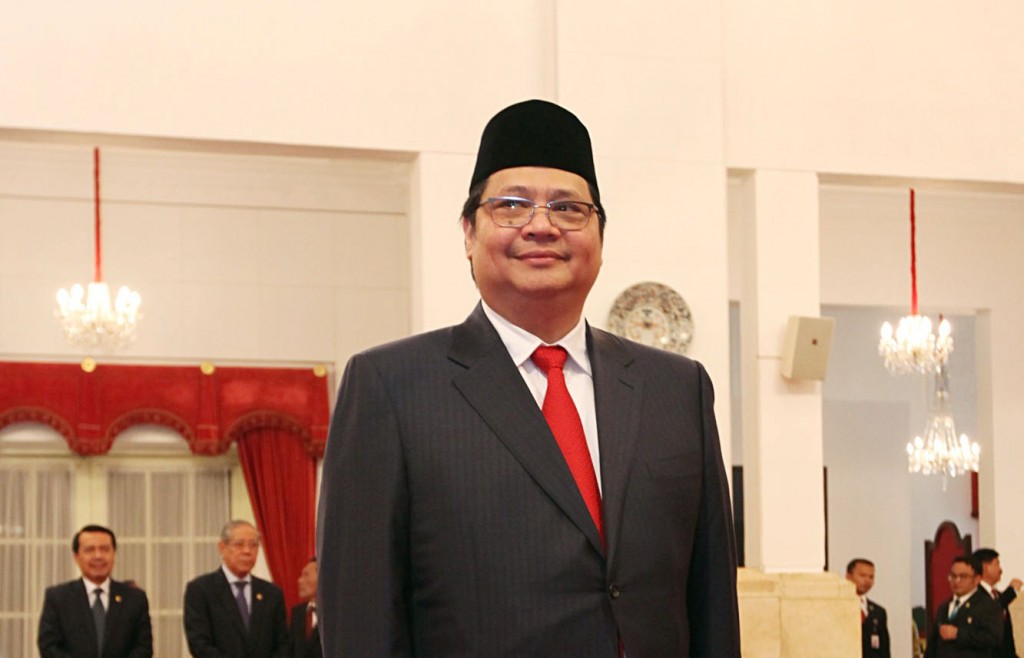Jakarta: Coordinating Minister for Economy Affairs Airlangga Hartarto stated that Indonesia's strong economic growth in 2022 could help it to be better positioned to face a potential global recession in 2023.
"The increase in people's mobility is the main determinant for driving Indonesia's economic activity," the minister stated while opening an event titled "Momentum for Economic and Political Consolidation" here, Thursday.
The minister is optimistic that Indonesia's economic growth would reach 5.2 percent year on year (yoy) in 2022 and 5.3 percent yoy in 2023.
"Considering various global and domestic risks, we are optimistic about Indonesia's projected economic growth of 5.2 percent in 2022 and 5.3 percent in 2023," he remarked.
In the midst of global uncertainty and a downturn in the global economy, Hartarto explained that Indonesia's economy remained solid by recording a growth of 5.72 percent yoy in the third quarter of 2022.
"It is also supported by continued improvement in domestic demand as reflected in increased consumption and high export sector," he added.
In addition, the minister said external sector indicators were relatively under control, as reflected in the surplus trade and current account balances, high foreign exchange reserves, and debt ratios at a safe level.
"Several leading indicators, real consumption, and investment are still at optimistic levels," Hartarto emphasized.
Furthermore, in terms of handling the COVID-19 pandemic, the minister addressed that all regions were well coordinated, with no prominent cases for the last six months in 2022.
"National new cases of COVID-19 are experiencing a downward trend and are currently at around two thousand cases per day," he noted.
According to the minister, this achievement was driven by the availability and readiness of health facilities, health workers, quality and adequate medicines, and quite high vaccination achievements.
In addition, it was supported by efforts to increase the second booster vaccination program, especially for the elderly, and to mitigate the impacts of the new XBB, BQ, and other subvariants.
Cek Berita dan Artikel yang lain di Google News
FOLLOW US
Ikuti media sosial medcom.id dan dapatkan berbagai keuntungan



















